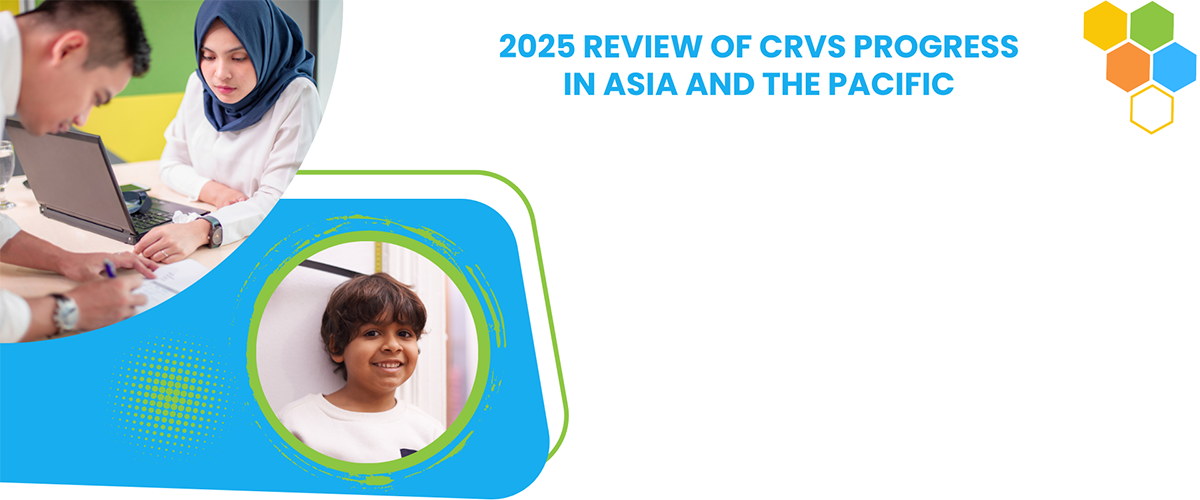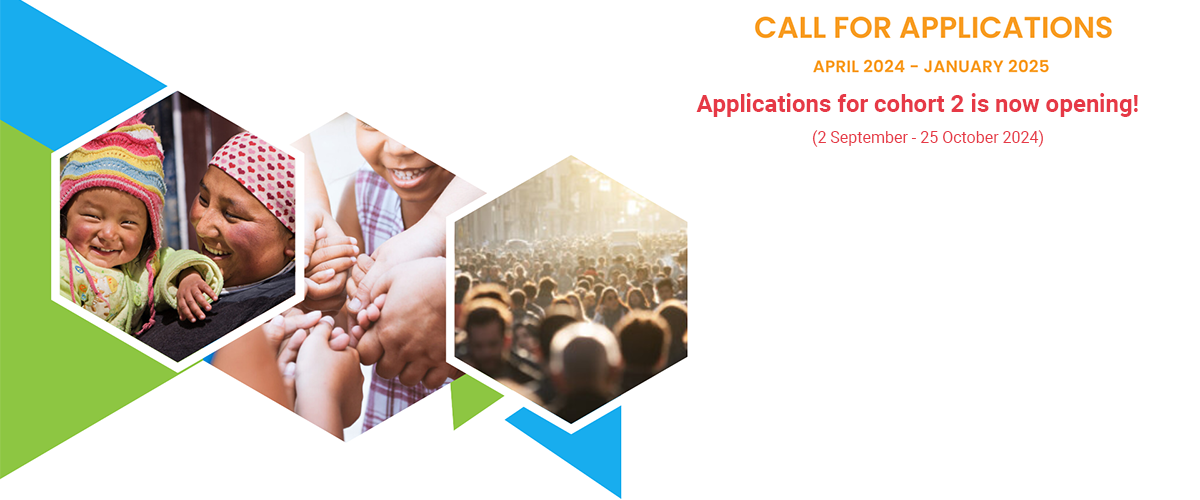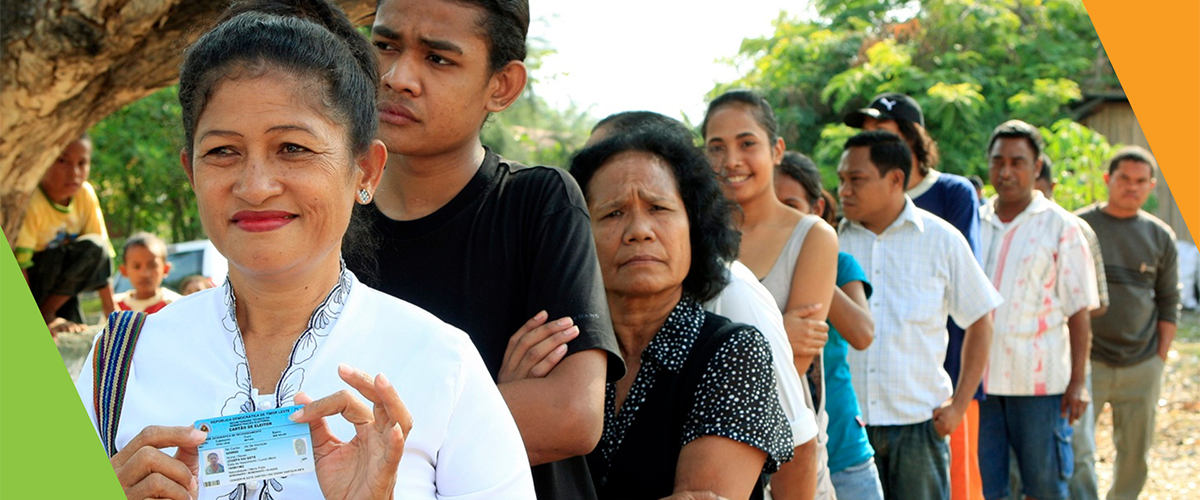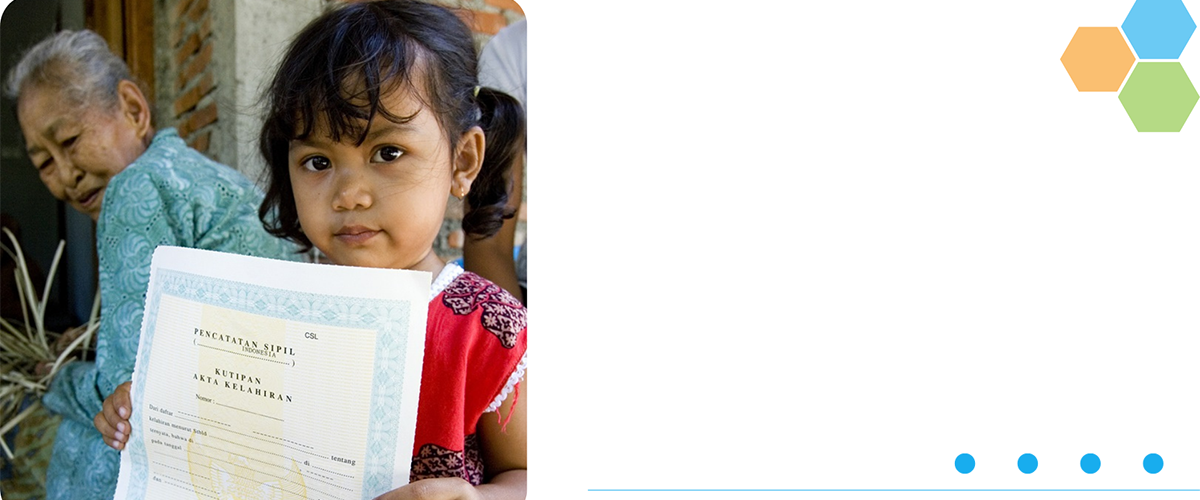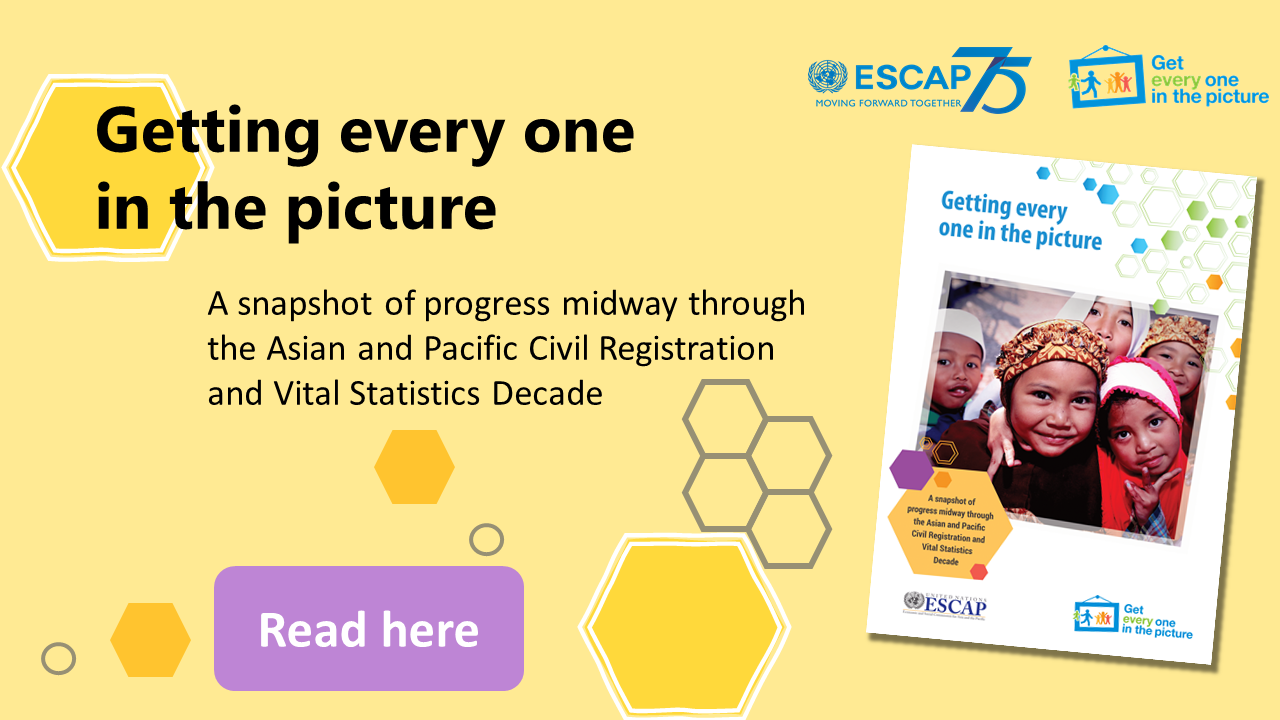Effective Use of Data in Public Health Journalism - CRVS
As data become more prevalent and accessible, good reporting on public health challenges – at the community, national, and global levels – increasingly requires journalists who can:
• understand and assess the validity of various types of health data;
• discover trends and patterns in those data; and
• communicate findings from data to their audience clearly, succinctly, and accurately.
Program Description
This 3-day workshop will build the data use skills of a select group of journalist to develop stories related to Civil Registration and Vital Statistics (CRVS). The training will provide a detailed overview of CRVS – what it is and why it is important – and build skills related to data use in reporting. Topics covered: common data related terms and concepts; primary sources of public health data; basic methods for analyzing, interpreting, and visualizing public health data; and effective tactics for interviewing public health experts about data-rich topics. Participants will be mentored to develop a CRVS related data story for publication.
Dates: The program will be held from January 29-31, 2019.
Schedule: January 28 (Monday) Participants arrive. January 29-31 (Tuesday-Thursday) Participants complete 3 days of practical training. February 1 (Friday) Participants depart.
Attendees: 22 mid- to senior-level journalists who (a) work for established media outlets in Bangladesh, Mumbai, the Philippines, Sri Lanka, Myanmar, the Solomon Islands, Papua New Guinea and Shanghai; (b) have previously produced stories on public health topics; and (c) have a specific idea for a data-rich public health story they want to develop. (NOTE: The journalist’s media house must provide a letter of support and indicate its commitment to publish the story.) Attendees must bring a laptop.
Language: Program sessions will be held in English. Journalists who are multi-lingual and report in local languages and are fluent in English are encouraged to attend.
Sponsor: Vital Strategies, an international NGO, is presenting this program as part of its Bloomberg Philanthropies Data for Health Initiative.
Financial Support to Attendees: Vital Strategies will arrange and pay for participants’ travel to and from Bangkok, as well as lodging while there. It will also provide a per diem stipend to cover meals and other incidental costs during the training program and the conference.
JOURNALISTS INTERESTED IN THIS TRAINING PROGRAM SHOULD CLICK ON THIS LINK TO COMPLETE AN APPLICATION
APPLICATIONS DUE BY DECEMBER 1, 2018

